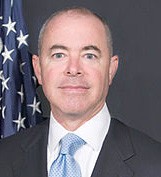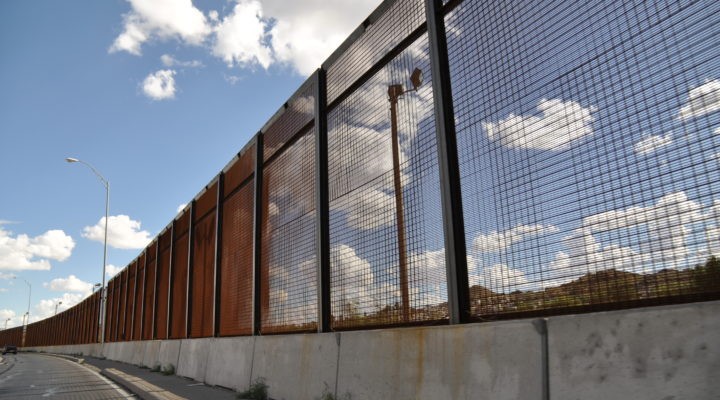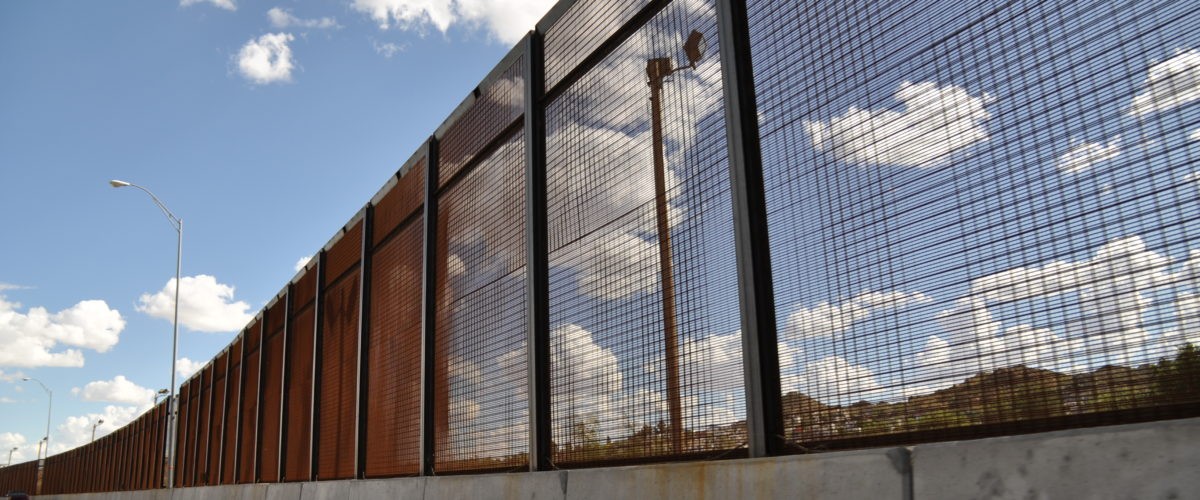The Biden Administration has officially ended a 2019 immigration policy that forced tens of thousands of Central American refugees to remain in dangerous Mexican cities to await asylum hearings as they seek entry into the United States.

Alejandro Mayorkas
President Joe Biden froze former President Donald Trump’s Migrant Protection Protocols Program soon after taking office Jan. 20, then in February issued an executive order directing MPP be fully reviewed by the U.S. Department of Homeland Security. Finally, DHS Secretary Alejandro Mayorkas issued a memorandum June 1 terminating the so-called “remain in Mexico” practice.
Since its implementation, the program billed by Trump as a boon for border-security returned nearly 70,000 asylum seekers to Mexico to await court proceedings. Prior to the Trump policy, those awaiting asylum hearings could remain in the U.S. while their cases moved through the system.
“In deciding whether to maintain, modify or terminate MPP, I have reflected on my own deeply held belief, which is shared throughout this administration, that the United States is both a nation of laws and a nation of immigrants, committed to increasing access to justice and offering protection to people fleeing persecution and torture through an asylum system that reaches decisions in a fair and timely manner,” Mayorkas explained in the memo.
Faith-based immigrant rights advocate Elket Rodriguez hailed the administration’s decision to terminate a program he described as exceptionally inhumane and harsh.
“MPP is one of the cruelest policies ever designed by the United States.”
“MPP is one of the cruelest policies ever designed by the United States because it piled up asylum seekers — vulnerable people forced to flee their home countries because of persecution — in the streets of several of the most dangerous cities” in Mexico, said Rodriguez, a Texas-based attorney with the Cooperative Baptist Fellowship and Fellowship Southwest. “People tend to forget, but this policy was so heinous that immigration judges and asylum officers protested their discomfort and resigned for the sake of their consciences.”
Rodriguez said he consulted dozens of program enrollees and he estimated that Fellowship Southwest helped protect and shelter more than 10,000 asylum seekers forced to return to Mexico.

Elket Rodriguez
And migrants were doomed to failure under MPP, he said, with nearly half the program’s enrollees ultimately disqualified for failing to get back across the border to appear at scheduled court hearings in the U.S., he said. “But how can you show up to court when cartels can kidnap you before showing up to court or on your way to court?”
The program was a nightmare for everyone involved, he added. “I can still remember the tears of raped women, the shocked faces of children whose parents were murdered, the helplessness of exploited fathers, the frustration of refugee pastors and the trauma of heartbroken mothers that were generated by the implementation of the MPP policy.”
Rodriguez also recalled the many religious leaders and organizations that doubled down to help meet that suffering with compassion by advocating for the dignity of migrants. Now it’s time for the United States to follow suit, he believes.
The Biden administration’s action “marks the official end of the ‘unwelcoming our neighbor policy,’ that tested the concept of due process and our nation’s commitments under international law by returning asylum seekers to a country where migrants can suffer persecution,” he added.
Termination of MPP met quick criticism from conservatives, including Trump and U.S. House Minority Leader Kevin McCarthy, who blasted the decision as detrimental to border security.
Termination of MPP met quick criticism from conservatives, including Trump and U.S. House Minority Leader Kevin McCarthy.
But claims that “remain in Mexico” makes Americans safer aren’t supported by the realities at the border, Mayorkas said.
“I have determined that MPP does not adequately or sustainably enhance border management in such a way as to justify the program’s extensive operational burdens and other shortfalls. Over the course of the program, border encounters increased during certain periods and decreased during others.”
He echoed Biden’s previously stated immigration philosophy that border security must also include wider efforts to reform U.S. foreign policies that contribute to migration patterns. “I share the belief that we can only manage migration in an effective, responsible and durable manner if we approach the issue comprehensively, looking well beyond our own borders.”
The extra administrative and budgetary challenges posed by the program were exacerbated during the COVID-19 pandemic as asylum courts were closed for safety precautions from March 2020 to April 2021, Mayorkas said.
“Throughout this time, of course, tens of thousands of MPP enrollees were living with uncertainty in Mexico as court hearings were postponed indefinitely. As a result, any benefits the program may have offered are now far outweighed by the challenges, risks, and costs that it presents.”
Related articles:
A wish list for the common good in a new era | Opinion by Marv Knox


